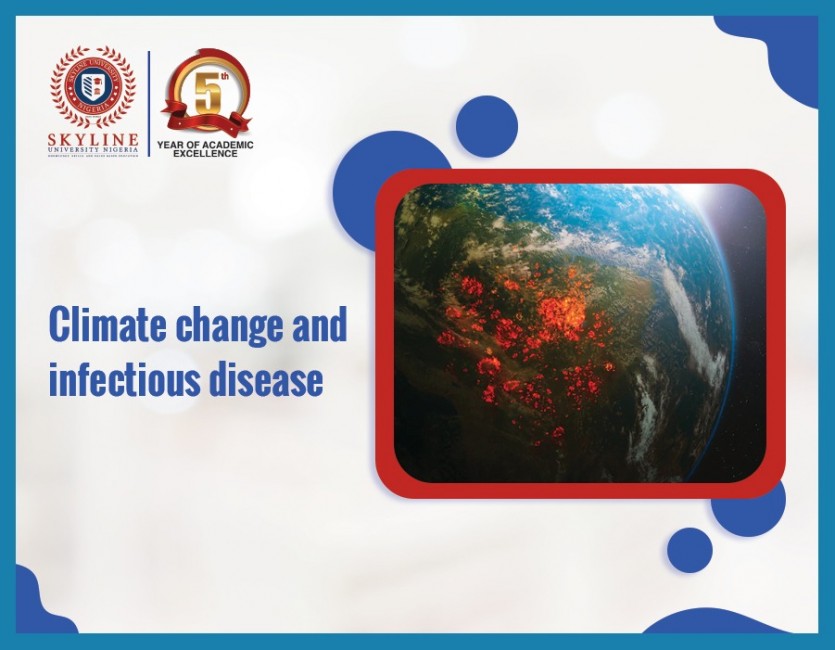Emerging Infectious Diseases and Climate
페이지 정보

본문
Climate change has far-reaching impacts, and one of the most concerning consequences is its influence on infectious diseases. As our planet warms and weather patterns shift, we are witnessing a significant transformation in the dynamics of many infectious diseases. Here's a brief overview of the connection between climatic change and infectious diseases:
Vector-Borne Diseases: Climate change affects the distribution and behavior of disease-carrying vectors like mosquitoes and ticks. Rising temperatures and altered rainfall patterns create favorable conditions for these vectors, leading to the expansion of diseases such as malaria, dengue fever, and Lyme disease into new regions.
Waterborne Diseases: Increased temperatures can result in more frequent and severe heatwaves, leading to water scarcity. This, in turn, can impact water quality and sanitation, potentially increasing the prevalence of waterborne diseases like cholera and dysentery.
Airborne Diseases: Climate change can influence the transmission of respiratory diseases. Changes in temperature and humidity can affect the survival and transmission of airborne pathogens, potentially exacerbating the spread of diseases like influenza and COVID-19.
Emerging Diseases: Altered climate patterns can lead to disruptions in ecosystems, which may bring humans into closer contact with previously isolated pathogens. This can lead to the emergence of new infectious diseases, as seen in cases like Ebola and Zika.
Extreme Weather Events: Climate change intensifies extreme weather events, such as hurricanes, floods, and wildfires. These events can disrupt healthcare systems and lead to the spread of infectious diseases due to overcrowding in shelters and compromised sanitation.
Mitigating the impact of climate change on infectious diseases requires a multi-pronged approach, including reducing greenhouse gas emissions, improving healthcare infrastructure, and developing strategies for disease surveillance and control. The interconnectedness of climate and health underscores the urgency of addressing climate change to protect global public health.
- PrevBattling cellulitis in South Korea 23.10.18
- Next"Safe Healing: Preventing Infections in Food-Related Finger Injuries" 23.09.30
댓글목록
There are no registered comments.

